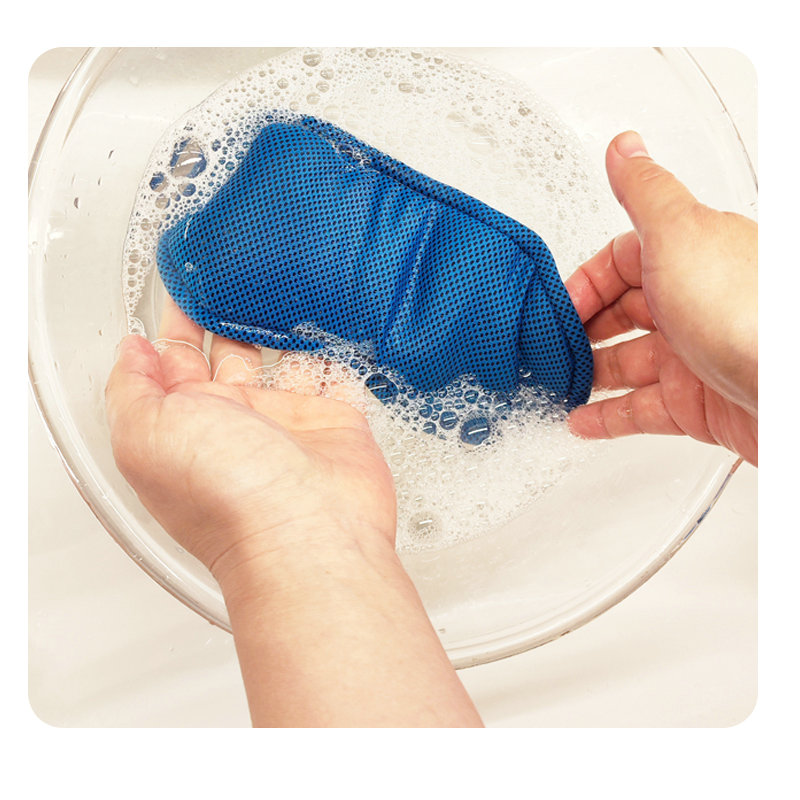Different types of light-blocking technology in functional sleep eye masks can significantly affect their effectiveness in promoting better sleep. Here's how various technologies can impact the mask's performance:
Blackout Fabrics:
Effectiveness: Masks made from blackout fabrics are designed to completely block out light, creating a dark environment conducive to sleep. This type of material prevents light leakage around the edges of the mask, which can disturb sleep.
Comfort: Blackout fabrics can vary in thickness and breathability. Thicker materials may provide better light blockage but could potentially be less breathable, leading to warmth or moisture buildup.
Adjustable Nose Bridges:
Effectiveness: Masks with adjustable nose bridges are designed to fit securely around the nose, minimizing light leakage from this area. This feature enhances the mask's ability to create a darker environment by ensuring a close fit.
Comfort: Adjustable nose bridges can improve comfort by preventing the mask from slipping or shifting during sleep, which can be particularly beneficial for side sleepers.
Contoured Designs:
Effectiveness: Contoured eye masks are shaped to conform to the contours of the face, creating a snug fit that reduces light leakage. This design feature enhances the mask's effectiveness in blocking out light from various angles.
Comfort: The contoured shape can improve comfort by reducing pressure on the eyes and face, making it easier to wear for extended periods.

Lightweight and Breathable Materials:
Effectiveness: Masks made from lightweight yet effective light-blocking materials can provide adequate darkness without compromising comfort. These materials typically offer good breathability, which helps regulate temperature and minimize discomfort during sleep.
Comfort: Lightweight and breathable materials contribute to overall comfort by allowing airflow and preventing heat buildup, which is crucial for maintaining a comfortable sleeping environment.
Advanced Light-Blocking Technologies (e.g., Adjustable Light Filters):
Effectiveness: Some masks use advanced technologies such as adjustable light filters that allow users to customize the amount of light blocked. These technologies can cater to individual preferences for light levels during sleep.
Comfort: Depending on the technology, masks with adjustable light filters can offer versatility in different sleep environments, providing comfort by allowing users to control their sleeping conditions more precisely.
In summary, the effectiveness of functional sleep eye masks is influenced by the type of light-blocking technology used, which affects both how well the mask blocks light and how comfortable it is to wear during sleep. Users may choose masks based on their specific needs for darkness, comfort preferences, and sleeping habits.











